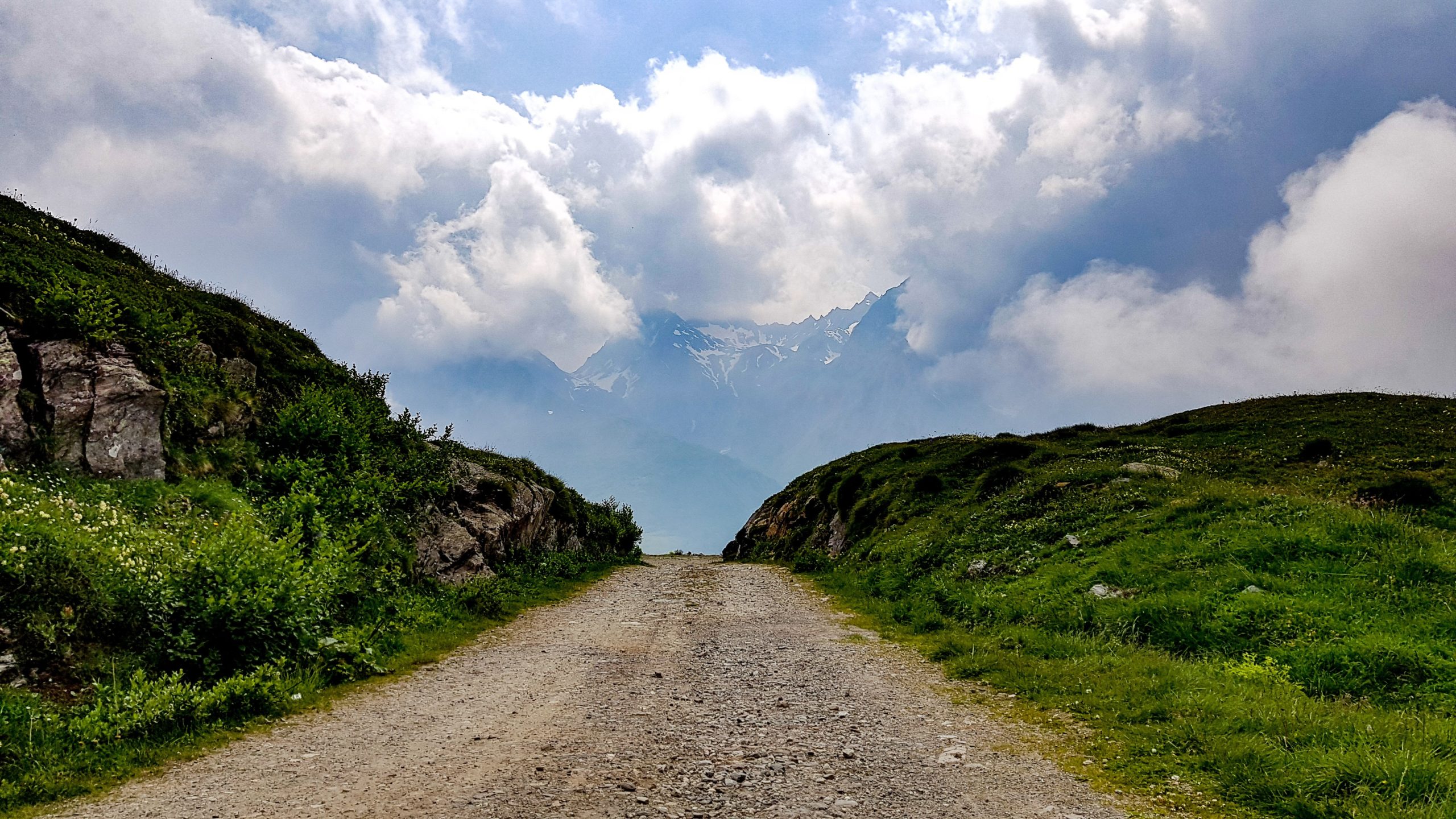
Home Groups / Series / Such a Great Salvation / Such a Great Salvation: Session 10
Such a Great Salvation: Session 10
Such a Great Salvation session 10 explores Hebrews 10:19 - 10:39 from the team at St Ebbe's

After the wonderful and meaty teaching of the middle chapters of the letter, here the writer presses home his application. These are not a few token applications tacked on to make all this theology seem a bit more relevant: failure to properly apply these truths has appalling consequences, so this is urgent and serious. Here’s the burden of the entire letter.
Briefly the writer draws together the rich truths he has been unpacking for them in the previous chapters about the sacrifice and priesthood of Christ. The “confidence” we have refers not to some subjective feeling, but to something more objective: one might say “authorization”. We have the right of access into the very presence of God on the basis of Christ’s atoning death (both “blood” and “body” refer to his sacrifice on the cross). But as well as being able to look back to the perfect sacrifice offered once for all, we have a living priest we can look to as well (who we have seen is the perfect priest, who sympathises with our every weakness, who intercedes for us, who appears now in heaven for us, seated at God’s right hand).
In the light of these truths, the writer now exhorts us to live in the light of them. Each of the five “let us”-es really has the sense of “let us KEEP ON …”, they don’t refer to a one off action but to ongoing action. Drawing near to God means laying hold of this right of access that is ours, in the assurance that our hearts have been sprinkled (that’s the sense of the Greek) so that we are now clean. It includes coming before God in prayer, but it is to do too with the whole of our lives : living out the relationship with God that Christ has brought us into. It is the opposite of shrinking back (vv.38,39). To persevere and finish the race we need God’s grace day by day, so we are to keep on drawing near by faith to his throne of grace.
The importance of hope is clear throughout the letter (eg 4:1), we are to be people of hope – not just believing there is a wonderful future in store for us, but orientating our whole lives towards it. In “earlier days” these Hebrews had wonderfully exemplified that (see vv.32-34), and if they are to persevere then they need to keep their eyes fixed on the goal. One mark too of those “earlier days” was their commitment to one another, and that too is vital (vv.24,25). We need each other, and we are responsible for each other. To help us do v.24, it is perhaps worth considering the ways in which we ourselves have been encouraged or would like to be encouraged.
We all “keep on sinning” day in day out, but in view here is more specifically the sin of apostasy, of “shrinking back” (vv.38,39), deliberately rejecting Christ and his death. As the writer says in v.29, it is trampling the Son of God underfoot, treating his death as an irrelevance, an “unholy thing”, insulting the Spirit of grace who has revealed these truths to us and given us a taste of them. If we turn our back on the forgiveness offered in the Gospel, there is nowhere else to find forgiveness – “no sacrifice for sins is left” in the sense that God has provided no other sacrifice for their sins. And without any other sacrifice for sins, all that remains is “the fearful expectation of judgment” (v.27), which is no laughing matter (v.31).
The writer ends with a call to persevere, reminding them how they had started the race and so encouraging them to continue the same way. Our hope is what should motivate us – the rich reward (v.35) of all that God has promised (v.36), the salvation that is to come (v.39). The race may be tough (it certainly had been in the early days), but only “a very little while” to go, so he say’s don’t shrink back, in the sense of stopping holding onto to Christ